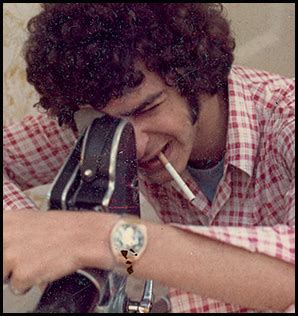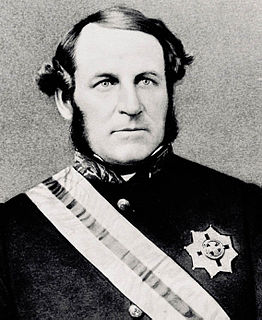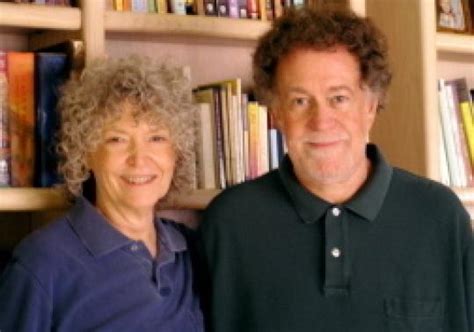A Quote by Aldous Huxley
Good action and thoughts produce consequences which tend to neutralize, or put a stop to, the result of evil thoughts and actions. For as we give up the life of self (and note that, like forgiveness, repentance and humility are also special cases of giving), as we abandon what the German mystics called "the I, me, mine," we make ourselves progressively capable of receiving grace. By grace we are enabled to know reality more completely, and this knowledge of reality helps us to give up more of the life of selfhood - and so on, in a mounting spiral of illumination and regeneration.
Quote Topics
Abandon
Action
Actions
Also
Capable
Cases
Consequences
Evil
Evil Thoughts
Forgiveness
German
Give
Giving
Good
Good Action
Grace
Helps
Humility
Illumination
Know
Knowledge
Life
Like
Make
Me
Mine
More
Mounting
Note
Ourselves
Produce
Put
Reality
Receiving
Regeneration
Repentance
Result
Self
Special
Spiral
Stop
Tend
Thoughts
Thoughts And Actions
Up
Us
Which
Related Quotes
We frail humans are at one time capable of the greatest good and, at the same time, capable of the greatest evil. Change will only come about when each of us takes up the daily struggle ourselves to be more forgiving, compassionate, loving, and above all joyful in the knowledge that, by some miracle of grace, we can change as those around us can change too.
Cheap grace is the grace we bestow on ourselves. Cheap grace is the preaching of forgiveness without requiring repentance, baptism without church discipline, Communion without confession.... Cheap grace is grace without discipleship, grace without the cross, grace without Jesus Christ, living and incarnate.
Consumer Christianity is now normative. The consumer Christian is one who utilizes the grace of God for forgiveness and the services of the church for special occasions, but does not give his or her life and innermost thoughts, feelings, and intentions over to the kingdom of the heavens. Such Christians are not inwardly transformed and not committed to it.
Our experience of reality is the result of the magical alchemy of the creation of our thoughts, our beliefs, our decisions, our attitudes, our feelings. All of these are, for the most part, unconscious. Mindfulness allows us to watch these thoughts and choices and decisions without being triggered and having to take action and give meaning.
Mystics knew how to channel grace through prayer and they knew the power of that. They knew how to receive guidance through reflection and contemplation; they knew how to share the gift of illumination with each other. These are great gifts of life and profound grace that we are capable of providing for each other and the world. This is what it means to be a mystic without a monastery. You make a commitment to your own interior illumination and through that discover the "sacred" part of your "contract" and the true meaning of your highest potential.
The biggest adversary in our life is ourselves. We are what we are, in a sense, because of the dominating thoughts we allow to gather in our head. All concepts of self-improvement, all actions and paths we take, relate solely to our abstract image of ourselves. Life is limited only by how we really see ourselves and feel about our being. A great deal of pure self-knowledge and inner understanding allows us to lay an all-important foundation for the structure of our life from which we can perceive and take the right avenues.
Whatever hinders us from receiving a blessing that God is willing to bestow upon us is not humility, but the mockery of it. A genuine humility will ever feel the need of the largest measures of grace, and will be perfected just in the degree in which that grace is bestowed. The truly humble man will seek to be filled with all the fullness of God, knowing that when so ?lled there is not the slightest place for pride or for self.
It is grace at the beginning, and grace at the end. So that when you and I come to lie upon our death beds, the one thing that should comfort and help and strengthen us there is the thing that helped us in the beginning. Not what we have been, not what we have done, but the Grace of God in Jesus Christ our Lord. The Christian life starts with grace, it must continue with grace, it ends with grace. Grace wondrous grace. By the grace of God I am what I am. Yet not I, but the Grace of God which was with me.
Many years ago I was driven to the conclusion that the two major causes of most emotional problems among evangelical Christians are these: the failure to understand, receive, and live into God's unconditional grace and forgiveness; and the failure to give out that unconditional love, forgiveness, and grace to other peopleWe read, we hear, we believe a good theology of grace. But that's not the way we live. The good news of the Gospel of grace has not penetrated the level of our emotions.
When the New Testament speaks about the fullness of grace which we find in Christ, it does not mean only forgiveness, pardon and justification. Christ has done much more for us. He died for us, but he also lived for us. Now he has sent his own Spirit to us so that we might draw on his strength. He grew in grace, and when we draw on his power we shall likewise grow in grace.
I am responsible for what I see. I can elect to change all thoughts that hurt. I could see peace instead of THIS. The past is over it can touch me not. This instant is the only time there is. Today I will judge nothing that occurs. I am not the victim of the world I see. I can escape from the world I see by giving up attack thoughts. I am determined to see things differently. I am never upset for the reason I think. Forgiveness is the key to happiness. All that I give I give to myself.
To affirm life is to deepen, to make more inward, and to exalt the will-to-life. At the same time the man who has become a thinking being feels a compulsion to give every will-to-live the same reverence for life that he gives to his own. He experiences that other life as his own. He accepts as being good: to preserve life, to raise to its highest value life which is capable of development; and as being evil: to destroy life, to injure life, to repress life which is capable of development. This is the absolute, fundamental principle of the moral, and it is a necessity of thought.






































